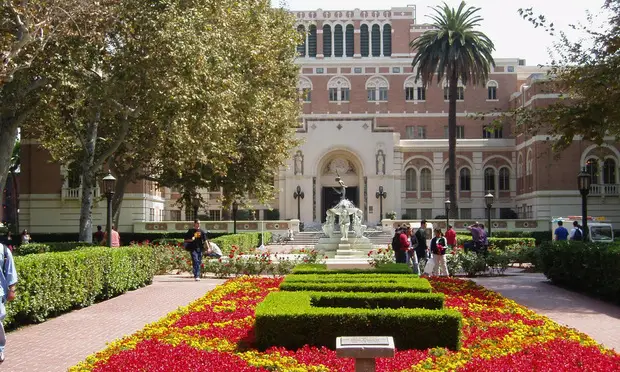The University of Southern California (USC) has agreed to settle an Alzheimer’s disease research lawsuit with the University of California, San Diego for $50 million, the Times of San Diego reported.
On Tuesday, USC announced the settlement in a statement apologizing to UC San Diego for “created disruption” by poaching its Alzheimer’s Disease Cooperative Study (ADCS) staff.
The Regents of the University of California v. Aisen et al. suit, filed in San Diego County Superior Court in 2015, alleged USC of recruiting UC San Diego’s Alzheimer’s disease expert and director of the program, Paul Aisen, along with eight of his colleagues by offering them lucrative positions.
This resulted in the transfer of an estimated $100 million in federal and private funding and research data involving more than 1,000 patients from UC San Diego to USC, The San Diego Union-Tribune reported.
“USC believes that transfers of faculty and grants from one academic institution to another should be done in accordance with all applicable laws and guidelines and in a professional manner consistent with the advancement of the science and research,” USC said in a statement. “These actions did not align with the standards of ethics and integrity which USC expects of all its faculty, administrators, and staff.”
When the suit was originally filed, USC countered the allegations with the faculty’s freedom to choose jobs and threatening data security.
“We are pleased that we were able to reach a settlement on this important matter,” UC San Diego said in a statement. “UC San Diego researchers and clinicians continue to contribute insights critical for understanding and treating this devastating disorder. Faculty leaders continue to enjoy the robust support of UC San Diego leadership.”
Formed in 1991, ADCS, a part of the National Institute on Aging’s (NIA) Division of Neuroscience, is an effort to facilitate the discovery, development, and testing of new drugs for the treatment of Alzheimer’s disease.
In a similar lawsuit, the Department of Justice filed a motion in May to enforce the prohibition on unlawful “no-poach” agreements between Duke University and the University of North Carolina (UNC), which prohibit the schools from hiring medical faculty of each other.
The lawsuit, covering 5,500 faculty members at Duke and UNC, was filed by Duke radiologist Danielle Seaman on June 9, 2015, alleging that the schools violated Section 1 of the Sherman Act by “eliminating competition for faculty, restricting their mobility, and suppressing their compensation.”
Washington State University Settles Data Breach Lawsuit for $4.7 Million



